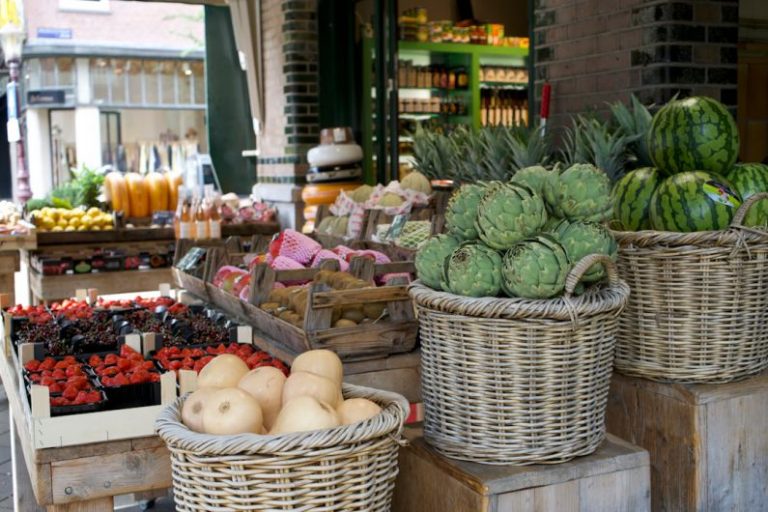Sustainable Groceries: Shopping for a Healthier Planet
**Sustainable Groceries: Shopping for a Healthier Planet**
In today’s world, where environmental concerns are at the forefront of our minds, making sustainable choices has become increasingly important. One area where individuals can make a significant impact is through their grocery shopping habits. By selecting sustainable groceries, not only can you improve your own health, but you can also contribute to a healthier planet for future generations.
**Understanding Sustainable Groceries**
When we talk about sustainable groceries, we are referring to products that have been produced in a way that minimizes harm to the environment. This includes considering factors such as the use of pesticides and chemicals, the impact on local ecosystems, and the carbon footprint of the production process. In essence, sustainable groceries are those that are grown, harvested, and transported in a way that is mindful of the planet’s resources.
**Choosing Organic Options**
One of the key ways to shop sustainably is by opting for organic products. Organic farming practices prioritize soil health, biodiversity, and water conservation, making them a more environmentally friendly choice. By choosing organic fruits and vegetables, you can reduce exposure to harmful chemicals and support farmers who are working to protect the environment.
**Supporting Local Farmers**
Another important aspect of sustainable grocery shopping is supporting local farmers and producers. By purchasing locally grown produce and goods, you are reducing the carbon emissions associated with long-distance transportation. Additionally, buying from local farmers helps to strengthen the local economy and fosters a sense of community. Visiting farmers’ markets or joining a community-supported agriculture (CSA) program are great ways to connect with local producers and access fresh, seasonal ingredients.
**Minimizing Packaging Waste**
Packaging waste is a significant issue in the grocery industry, with single-use plastics and excessive packaging contributing to environmental pollution. To shop more sustainably, look for products that are minimally packaged or packaged in materials that are easily recyclable or biodegradable. Choosing items in bulk or bringing your own reusable bags and containers can also help to reduce waste and minimize your environmental impact.
**Eating Seasonally**
Eating seasonally is not only a great way to enjoy the freshest produce, but it also supports sustainable agriculture practices. When you choose fruits and vegetables that are in season, you are likely purchasing items that have been grown locally and require fewer resources to produce. Seasonal eating can also introduce variety into your diet and encourage you to try new and different ingredients.
**Making Informed Choices**
Ultimately, shopping for sustainable groceries is about making informed choices that prioritize the health of both yourself and the planet. By taking the time to research where your food comes from, how it is produced, and the impact of your purchasing decisions, you can make a positive difference in the world. While shopping sustainably may require a bit more effort and planning, the benefits for your health and the environment are well worth it.
**In Summary**
Sustainable grocery shopping is a simple yet powerful way to support a healthier planet. By choosing organic options, supporting local farmers, minimizing packaging waste, eating seasonally, and making informed choices, you can play a significant role in promoting sustainable agriculture and reducing your environmental footprint. Remember, every purchase you make has the potential to make a difference – so shop wisely and help create a brighter future for generations to come.






